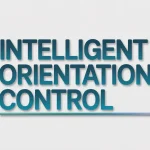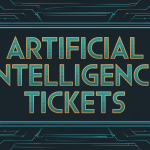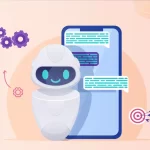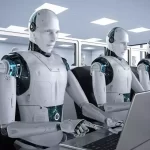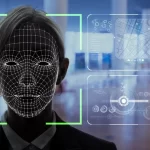When it comes to discussions of artificial intelligence (AI) in popular media, there is no shortage of hype. From sci-fi movies depicting super intelligent robots to breathless news articles about computers surpassing human-level intelligence, AI is often portrayed as being far more capable than the reality.
While the hype and excitement around AI technologies is understandable, separating fact from fiction is important for having a grounded understanding of where the field currently stands.
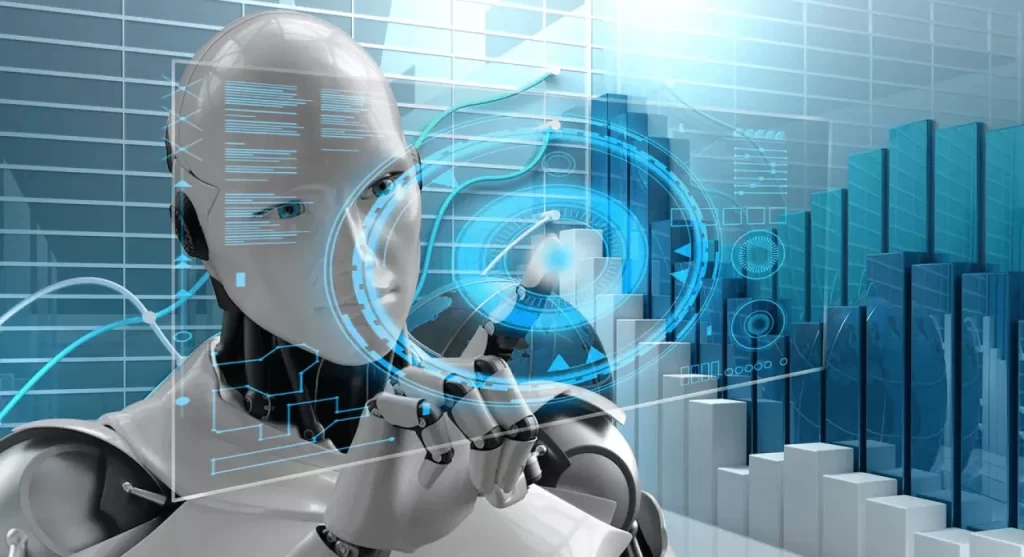
In this blog post, I aim to provide a more realistic look at AI’s current capabilities as well as its limitations by examining some of the most prevalent myths perpetuated in popular media.
Content
Is AI Superintelligent?
One of the most pervasive myths about modern AI is that computers have already achieved, or are on the verge of achieving, human or superhuman levels of general intelligence. The reality is that today’s AI technologies are narrow in scope and focused on specific, well-defined tasks.
No computer has anything close to human-level cognition or general problem-solving abilities. Even the most advanced AI systems like Deep Blue (for chess), Watson (for question answering) and AlphaGo/AlphaZero (for games like Go, chess and shogi) only demonstrate a narrow form of intelligence focused on their specialized domain.
They have no understanding of the world, common sense, creativity or general problem-solving skills. True artificial general intelligence that matches or exceeds human abilities across all domains remains science fiction for now.
Can AI Be Dangerously Deceptive?
Another common trope in popular media is the idea that advanced AI may become deceptively human-like and manipulate or deceive people. While AI technologies like chatbots and virtual assistants are getting better at natural language interactions, they have no subjective experiences, desires or capacity for deception. They are programs following their code and training to be helpful, harmless and honest.
The risk of a deceptive, superintelligent AI becoming impossible to distinguish from humans is greatly exaggerated based on our current understanding of the technology. For now, AI systems are narrow tools developed by humans to be beneficial. Achieving human-level cognition and general deception capabilities would require breakthroughs we have not seen yet.
Will AI Steal All Our Jobs?
Predictions that AI will automate millions of jobs and cause widespread unemployment are a staple of futuristic scenarios. However, history shows that technological progress tends to create as many jobs as it destroys by enabling new industries and tasks. While certain routine jobs are at risk of automation, many human skills like creativity, social-emotional intelligence and complex problem-solving will be difficult for AI to replace. Even as AI assists with or automates certain tasks, humans will likely continue playing a central role in the workforce for the foreseeable future.
Some jobs will be transformed but complete human redundancy due to AI seems unlikely according to most experts. As with other technologies, AI’s impact on employment will be complex with both challenges and opportunities.
In conclusion, separating AI hype from reality is an important exercise. While exciting advances are being made, achieving human-level artificial general intelligence remains a long-term challenge according to most experts in the field.
By understanding the true capabilities and limitations of today’s AI, we can have more informed discussions and shape the responsible development of these important technologies. Let me know if you have any other questions! For more AI topics explored in a realistic yet engaging manner, check out my blog at bestpromptAIhub.com.
FAQs
When will AI surpass human intelligence?
Most experts believe true artificial general intelligence on par with or exceeding human abilities across all domains is decades away still, if achievable at all with our current understanding. Significant breakthroughs would be needed.
Is it possible to regulate advanced AI to ensure it benefits humanity?
Ensuring the safe and beneficial development of advanced AI as it progresses is challenging but many researchers think it is possible with a combination of technical methods like value alignment as well as policy frameworks. International cooperation will also be important.

Frank Partnoy is a tech blogger who loves to share his thoughts about the latest gadgets and technology. He loves everything from smartphones, laptops, tablets and more!



